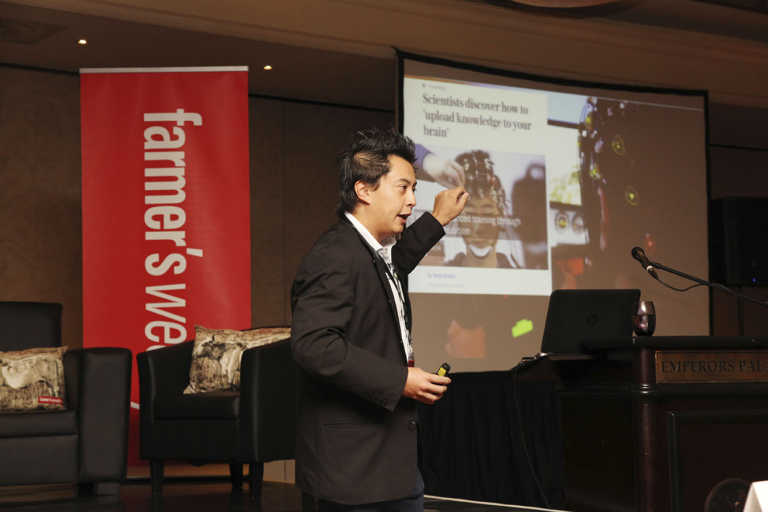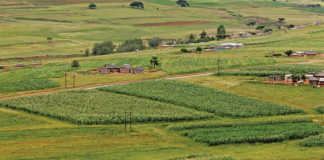
But predictions are that by 2027, everyone on the planet will have access to the Internet.
By 2020, there will be over R75 million Internet of things (IOT) devices in use in the farming sector.
According to IBM Europe, by 2050, the average farm will generate 4,1 million data points every day, up from 190 000 in 2014.
What does this all mean for the way in which we learn about and practise farming?
The short answer is that digital technology will influence every step of the agricultural value chain, and only those farming businesses that adapt fast enough and implement these technologies to their benefit will survive.
This was according to Craig Wing, a futurist and entrepreneur from FutureWorld, who was one of the speakers at the recent Agribusiness Africa Conference hosted by Farmer’s Weekly.
In the near future, said Wing, every industry will be a tech industry. It has been proven that farmers can achieve greater efficiency by implementing mechanisation and digital technology on their farms.
But another opportunity which farmers should start exploring is how they can use digital technology to interact more directly with consumers.
According to Wing, the single most important thing consumers want in today’s world, is convenience; the convenience to choose to buy exactly what they want, when they want it, without having to visit a store.
In its report, ‘Shaping the Future of Retail for Consumer Industries’, the World Economic Forum (WEF) says that the next decade will be the golden age of the consumer, with shoppers having more choices and control than ever before.
“They will be presented with a growing array of products and services, often personalised to their specific needs and wants,” the report states.
Consumers, according to the WEF, will continue to demand price and quality transparency along with a wide range of convenient options.
“Overall, the retail experience is poised to become more inspirational, exciting, simple and convenient, depending on the consumer’s ever-changing needs.”
Furthermore, evolution in consumer demand, combined with technological innovations, will see the boundaries of ‘retailer’ and ‘manufacturer’ continue to blur, as companies evolve to meet their customers’ needs.
The WEF predicts that these forces will cause the retail and consumer packaged goods landscape to change more in the next 10 years than it has in the past 40 years.
In the same way that Uber has disrupted the taxi business and AirBnB the tourist accommodation industry, the opportunity exists for food producers to disrupt the agricultural value chain by increasingly dealing directly with the end user.
Follow the conference on Twitter #FWagbizAfrica.












